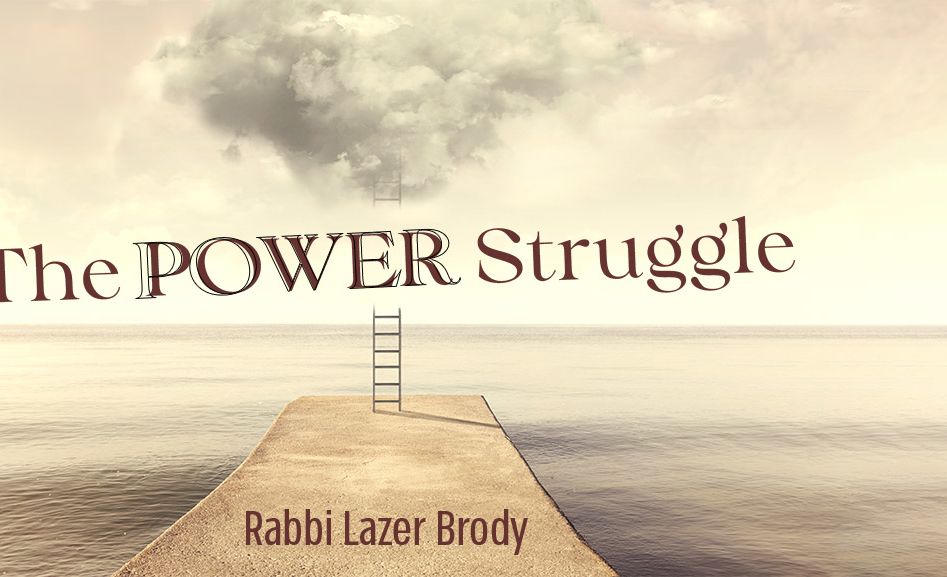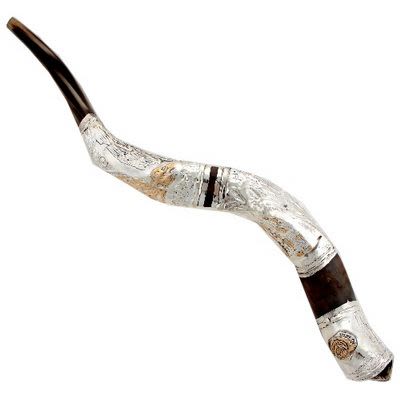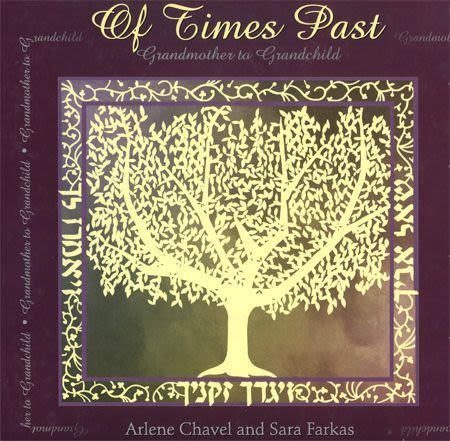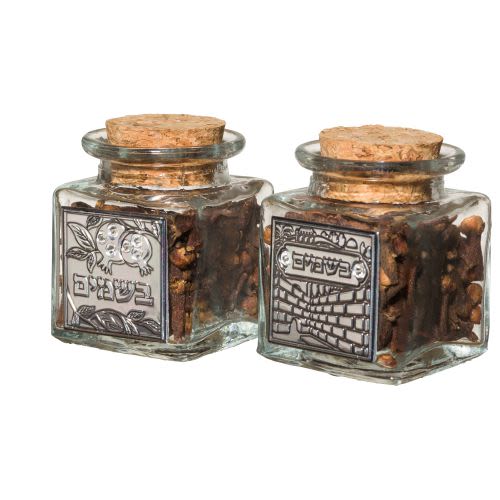
Korach: No Gifts, Please
When a person can raise two palms to the Heavens and say that these palms are clean of greed, bribery and corruption, then his prayers will be answered...

"I have not taken a single donkey of theirs…"(Numbers 16:15).
Korach tried to turn the hearts of the Jewish People against Moses, the true tzaddik, by saying that he usurped power for himself and his brother Aaron for their own personal gain. Our sages tell us that anyone that sees a blemish in someone else is himself blemished (Kiddushin 70a). Moses didn't pay a moment's attention to amassing wealth and gathering the spoils from Egypt; while Korach, the richest Israelite, was loading donkey after donkey with gold, silver and jewels on the way out of Egypt, Moses was attending to the holy remains of Joseph the Tzaddik. While Korach did everything in his power to seize power, Moses argued with Hashem for an entire week in trying to refuse to be the leader of the nation.
In modern corporations, mid-level managers receive company cars. The Chief Operating Officer or General Director of a large company not only has a luxurious company car, but a driver as well. Despite the fact that Moses leader of the Jewish People, he refused any material amenities. He was so humble and ethically pure that he wouldn't even ride a donkey that didn't belong to him. When asking Hashem not to accept the incense offerings of Korach and his rebel cohorts, Moses turned to Hashem and declared, "I have not taken a single donkey of theirs." He raised two palms skyward, palms that never touched a cent that didn't belong to them.  We learn from this passage several lessons: first, a true leader and tzaddik must be an individual of impeccable integrity. Second, moral and ethical purity are conducive to one's prayers being answered. And third, a true leader and judge, which Moses was, can only cling to the truth if he owes no one nothing. Therefore, he takes nothing from no one.
We learn from this passage several lessons: first, a true leader and tzaddik must be an individual of impeccable integrity. Second, moral and ethical purity are conducive to one's prayers being answered. And third, a true leader and judge, which Moses was, can only cling to the truth if he owes no one nothing. Therefore, he takes nothing from no one.
What politician today can pass the test that Moses did? Indeed, corruption has reached such levels that even presidents and prime ministers are sitting in jail.
The true tzaddik lives a life of purpose and meaning. He is completely altruistic and not at all self-serving. He lives on even after he leaves the flesh, for King Solomon says, "He who hates gifts shall live" (Proverbs 15:27).
People wonder how true tzaddikim see things that others don't see. The Torah says, "Bribery will blind those who see" (Exodus 23:8). Those who don't accept bribes of any form are therefore objective; they see not only truth, but they can see far beyond the limits of the physical eye. What's more, Hashem fulfills their words and answers their prayers. Consequently, their blessings are very powerful. How? The Torah says that bribery will distort the words of tzaddikim (ibid), so where no bribes are accepted, there's no distortion – the tzaddik's words are true and Hashem loves truth. He therefore loves the incorruptible tzaddik and fulfills his requests, especially since the tzaddik's requests are for other people. If he asks something for himself, it's pure spirituality, like more Torah and emuna, more holiness and a stronger connection to Hashem. He is the last person on earth who takes advantage of Torah or of his leadership post for his own self-interest.
If one pours olive oil and water in the same receptacle, the oil will rise above the water naturally, with no effort on anyone's part. As such, our true spiritual leaders in every generation rise naturally to the spiritual leadership of the Jewish People. Neither Moses, Rebbe Shimon Bar Yochai, the Ben Ish Chai or the Chofetz Chaim became our leaders by way of democratic elections or by coalition agreements. This is a principle that Korach didn't understand. He tried to seize power, whereas Moses shied from power and was virtually forced to lead the Jewish People.
The holy Steipler, Rabbi Yaacov Yisroel Kanievsky osb"m, was once walking down the street in Bnai Brak on the way home from the synagogue. Dozens of children were running after him trying to get a glimpse of him and perhaps a blessing. He turned to his escort and asked, "What do all these young children want from an old man like me?" Like Moses, he truly had no idea.
As opposed to the genuine tzaddikim, the power-grabbers who vie for rabbinical-leadership posts spend their time politicking. When a person is striving for an appointment or leadership post, he can't be simultaneously striving for Torah. One who truly wants Torah desires nothing else. The desire and pursuit of material amenities, prestige and power dilute one's love of Torah. That's why the true tzaddik despises rabbinical posts and material gifts. And, if he is put in a position of spiritual authority, he devotes all of his energies to being a selfless and worthy servant to those who look to him for guidance. Whereas the power-grabbers yearn for money and power, the true tzaddik cares about one thing only – bringing people closer to Hashem. This is his greatest joy. The only remuneration he ever hopes for is bringing gratification to the Almighty. With this in mind, one can easily differentiate between the Moses and the Korachs.












Tell us what you think!
Thank you for your comment!
It will be published after approval by the Editor.